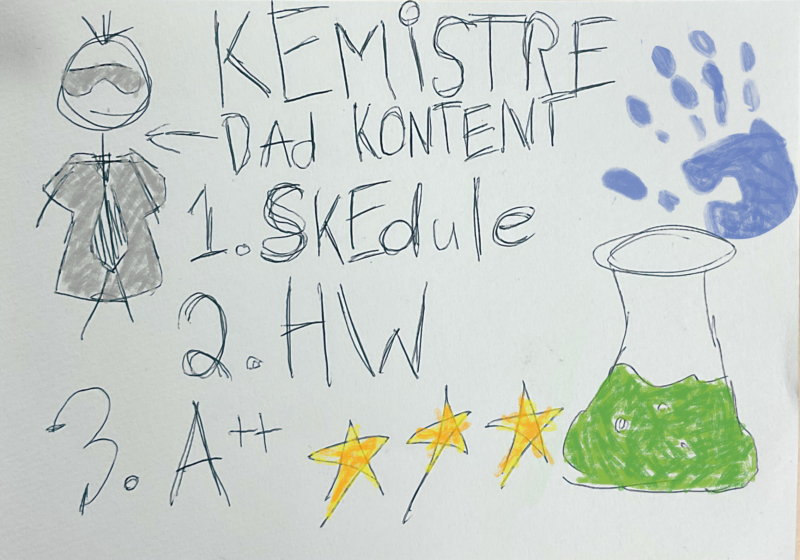I’ve seen two operas in my short life. One was a quirky high school production where my friends wore boas and glittery shorts, and the other was the double bill program that opened at Eastman this weekend.
I was unfamiliar with both of the short German shows on the program, and as I climbed up to my seat in Kilbourn Hall, it sounded like many other audience members were, too. “This is . . . different,” the woman next to me whispered. Indeed it was.
The first performance, “Mahagonny Songspiel,” an hour-long collection of songs. (Full disclaimer — I showed up about 10 minutes late to this one.) It was very open, very honest. The piece doesn’t focus on the plot of the lives of the six characters, but rather describes the setting of “Mahagonny” — a fictional utopia the characters are looking for. Right now, though, they’re in a place that looks like hell. There is not enough whiskey, the characters sang in slow, passionate drawls, and nobody has enough money to get by.
Kurt Weil, the composer, later developed this song cycle into a full opera, “The Rise and Fall of the City of Mahagonny.” But Eastman opted for a more subtle route with “Songspiel.” Because of the lack of dialogue and character development, the piece relies largely on atmospheric tones, and the stage was set to that effect. It was dimly lit, and a number of crates and chairs were scattered about where the actors sat with their heads in their hands when they weren’t singing. Behind them hung a large, tattered American flag, which they tore down, screaming, after the final note was sung.
The second piece, “Der Kaiser von Atlantis,” took a complete turn from the slow, deep “Songspiel,” although they both take place around the same dark time in history — World War II. This opera, albeit also brief, was fast-paced and complete with a narrator, character backstories, and a well-developed plot. Graduate student Patrick Graham played the emperor of Atlantis, who was locked away in his tower making calculations and spying on the world below. It was very sci-fi, Atlantis’ tower, as he stood there in a black coat and boots pressing buttons on his warfare machines.
Unlike the “Songspiel,” in which the six actors are on stage at all times, the characters in “Der Kaiser von Atlantis” weaved in and out with their own songs. The setting was also dim, and the narrator described it as a place in which the living have forgotten how to live, the dying how to die. Harlekin, played by senior Johnathan Rhodes, romped around in a dusty pink onesie, describing his life without laughter or love. The drummer, senior Alexis Peart — what a voice, man — walked around with her toy snare strapped to her chest, singing declarations of war — everyone will be armed and everyone will fight until there are no survivors, she announced.
Death was personified by graduate student Nicholas Dankner, a retired soldier. He floated on and off stage with dark circles under his eyes, singing in low, deep tones. He disappears when a soldier, graduate student Bergsvein Toverud, and a maiden, graduate student Sophie Thompson, fall in love. This scene hit me all the way back in Kilbourn Hall. The drummer attempts to lure the soldier back to war with a sensual song of battle and the sexual desire it brings along. The soldier retorts, clutching his maiden, that only love can unite us all.
The opera ends with the emperor confronting Death, and all the characters appear on stage in the end. As a fledgling opera-goer, I cannot comment on the musicality or technical aspects of this show. I can tell you how it made me feel.
Everything — from the white spotlight on Death’s pale face, to the fact that the composers, Viktor Ullman and Petr Klein, wrote this in a Nazi concentration camp — brought up a theme of life and death, despair, and love. Still, it wasn’t overly dramatized in any way, as I would expect it to be from reading that description. Instead, the Eastman opera students bought their own young woes to their characters with honest voices and feisty personalities. They hit every note, and every note was thrown right up to me in the final few rows.



